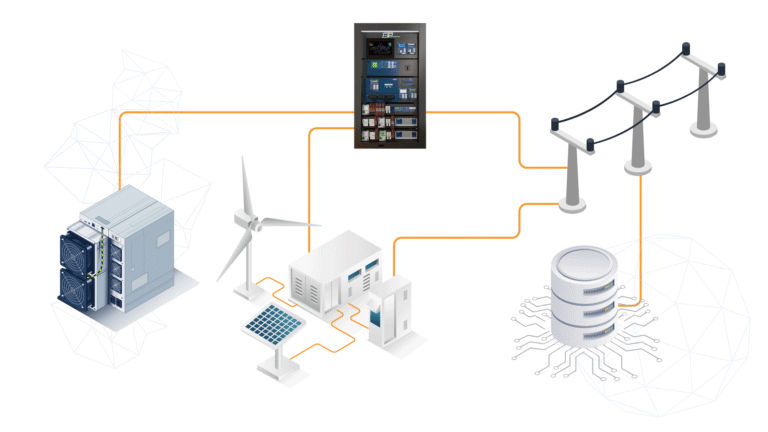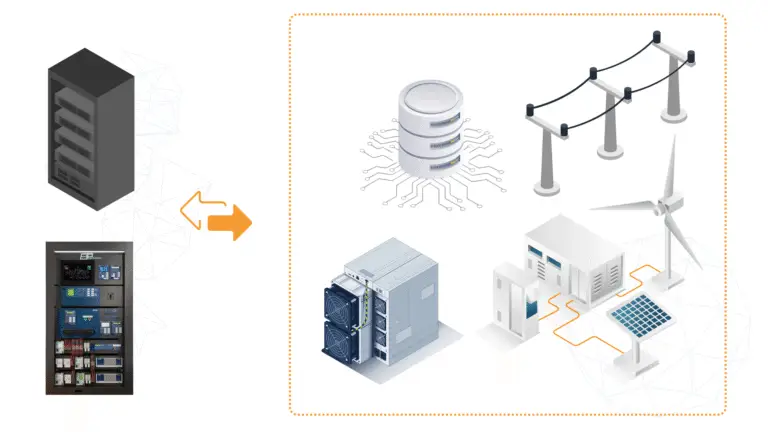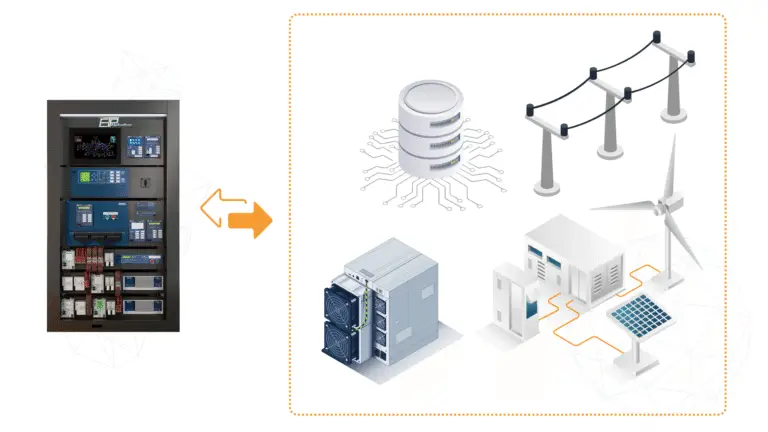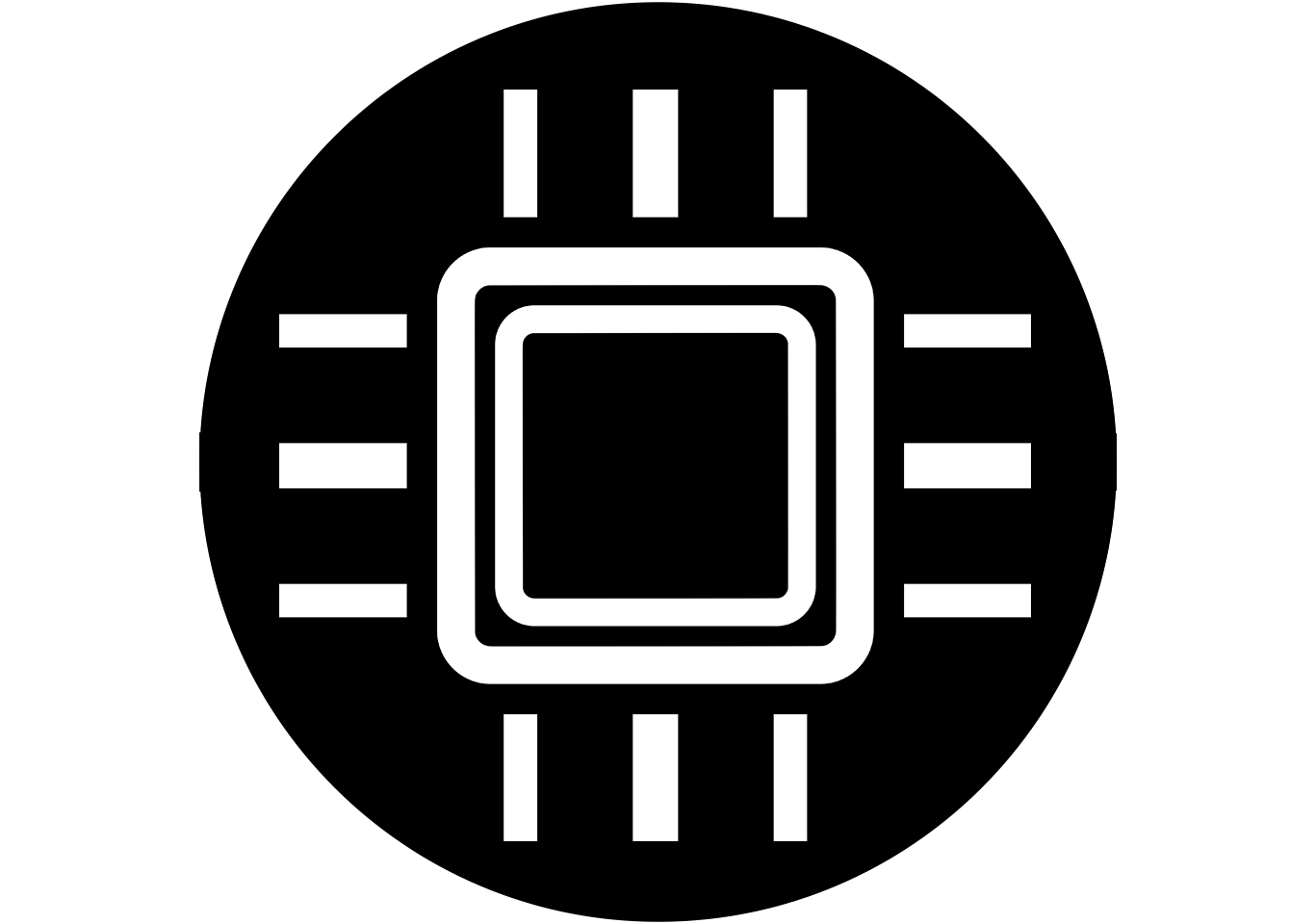
PowerAI Lab
McMaster University
Enabling the Future of AI

McMaster Real-Time Grid Lab for Data Centre Resilience
Where Data Centre Resilience Meets Real-Time Testing
A cutting-edge lab for testing and validating data centre power systems using real-time simulation and hardware-in-the-loop—derisking control and protection before deployment.
Key Features

Our Real-Time Digital Simulation Capabilities
Real-time digital simulation models, tests, and validates power systems and controls under realistic operating conditions, enabling faster development and reduced risk.
C-HIL for Real-World Grid Validation
Control-Hardware-in-the-Loop (C-HIL) testing connects real control hardware to a real-time simulated power system, enabling accurate validation of performance and reliability under realistic conditions.


Power-HIL Performance Validation
Power-Hardware-in-the-Loop (Power-HIL) testing integrates actual power hardware with real-time simulations, allowing safe, full-scale performance validation under realistic grid conditions.
Why This Lab Matters
Modern data centres are no longer passive energy consumers—they are active grid participants. Their control and protection systems must be fast, reliable, and compliant with evolving standards from regulators like NERC, PJM, and IESO. Yet deploying new control firmware or power hardware without proper validation poses significant risk.
The McMaster Grid Lab will serve as a validation and testbed environment, helping operators and solution providers fine-tune their systems in a fully simulated, fault-replicable environment before field deployment.
- Active Grid Role
- Need for Speed & Compliance
- Deployment Risks

PowerAI Lab
Applications
This lab supports a wide range of applications, including:
- Data centre interconnection testing
- Grid code compliance verification (e.g., IEEE 2800, NERC PRC)
- Microgrid and backup controller development
- Resilience and ride-through studies under fault conditions
- End-to-end system integration and prototyping
The Future of Grid-Aligned Data Centres Begins Here
Validated. Simulated. Ready
By providing a secure, flexible, and highly realistic testing environment, the McMaster Grid Lab empowers the next generation of resilient, compliant, and efficient data centre infrastructures. Whether you’re testing a new inverter controller or evaluating fault-tolerant logic, this facility is designed to derisk innovation—so you can deploy with confidence.

Faculty Directory
Dr. Sam Maleki
Adjunct Professor



McMaster Real-Time Grid Lab for Data Centre Resilience
Where Data Centre Resilience Meets Real-Time Testing
A cutting-edge lab for testing and validating data centre power systems using real-time simulation and hardware-in-the-loop—derisking control and protection before deployment.

McMaster Real-Time Grid Lab for Data Centre Resilience
Secure Grid Control via Power-HIL
McMaster University is launching a state-of-the-art laboratory focused on de-risking control and protection systems for grid-connected data centres. As power grids become more dynamic and compliance requirements grow more stringent, data centres must be able to withstand voltage sags, fault conditions, and fluctuating grid support demands. This new lab offers the tools and infrastructure to ensure they can.
Why This Lab Matters
Modern data centres are no longer passive energy consumers—they are active grid participants. Their control and protection systems must be fast, reliable, and compliant with evolving standards from regulators like NERC, PJM, and IESO. Yet deploying new control firmware or power hardware without proper validation poses significant risk.
The McMaster Grid Lab will serve as a validation and testbed environment, helping operators and solution providers fine-tune their systems in a fully simulated, fault-replicable environment before field deployment.
- Active Grid Role
- Need for Speed & Compliance
- Deployment Risks
Lab Capabilities at a Glance
PowerAI Mobile is designed to bring high-performance computing directly to the source of your data—whether it’s a remote oil field, defense outpost, solar farm, or industrial site. Instead of sending massive volumes of raw data back to a central cloud or data center for processing, PowerAI Mobile enables real-time data analysis on-site.





PowerAI Lab
Applications
This lab supports a wide range of applications, including:
- Data centre interconnection testing
- Grid code compliance verification (e.g., IEEE 2800, NERC PRC)
- Microgrid and backup controller development
- Resilience and ride-through studies under fault conditions
- End-to-end system integration and prototyping
The Future of Grid-Aligned Data Centres Begins Here
Validated. Simulated. Ready
By providing a secure, flexible, and highly realistic testing environment, the McMaster Grid Lab empowers the next generation of resilient, compliant, and efficient data centre infrastructures. Whether you’re testing a new inverter controller or evaluating fault-tolerant logic, this facility is designed to derisk innovation—so you can deploy with confidence.

Faculty Directory
Dr. Mehdi Narimani
Director

Dr. Sam Maleki
Adjunct Professor

Dr. Arman Ghasaei
Industrial Partner


